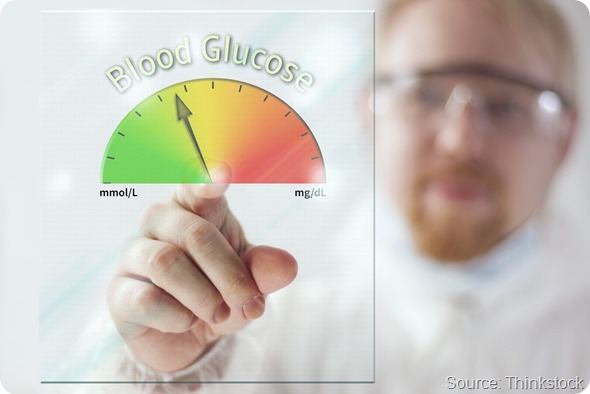Insulin pump therapy may be an effective alternative for people who cannot control their diabetes effectively using daily self-injections, show study findings.
The results come from the largest international study yet to examine insulin pumps as a treatment for type 2 diabetes.
“Our findings open up a valuable new treatment option for those individuals failing on current injection regimens and may also provide improved convenience, reducing the burden of dose tracking and scheduling, and decreasing insulin injection omissions,” says lead author of the study Professor Yves Reznik (University of Caen Côte de Nacre Regional Hospital Center, France).

The OpT2mise trial included 331 adults who failed to achieve a target glycated hemoglobin level (HbA1c of 8% or less) despite a 2-month run in period to optimise their daily insulin injections. After the run-in period, participants were randomized to either begin insulin pump therapy or continue self-administering their multiple daily injections.
As reported in the Lancet, the pumps outperformed the insulin injections on several levels.
At 6 months, the HbA1c level had decreased by 1.1% among those who switched to using the pumps, compared with only 0.4% among those who continued to use injections.
In addition, almost twice as many people reached the target HbA1c level using the pumps as did those who used injections, at 55% versus 28%.
Furthermore, those who continued to self-inject were in a hyperglycemic state (high blood sugar level) for a daily average of three hours longer than those who switched to the insulin pump therapy.
“Pumps enhance effective insulin absorption and increase insulin sensitivity thanks to the continuous daily subcutaneous insulin delivery,” explains Reznik.
In an accompanying editorial, Dr Pratil Choudary from King’s College London in the UK says: “OpT2mise provides a compelling case for the clinical effectiveness of insulin pump treatment in type 2 diabetes, suggesting that it can help improve glycemic control in this difficult to treat group of patients who are unable to achieve glucose control despite increasing doses of insulin.”